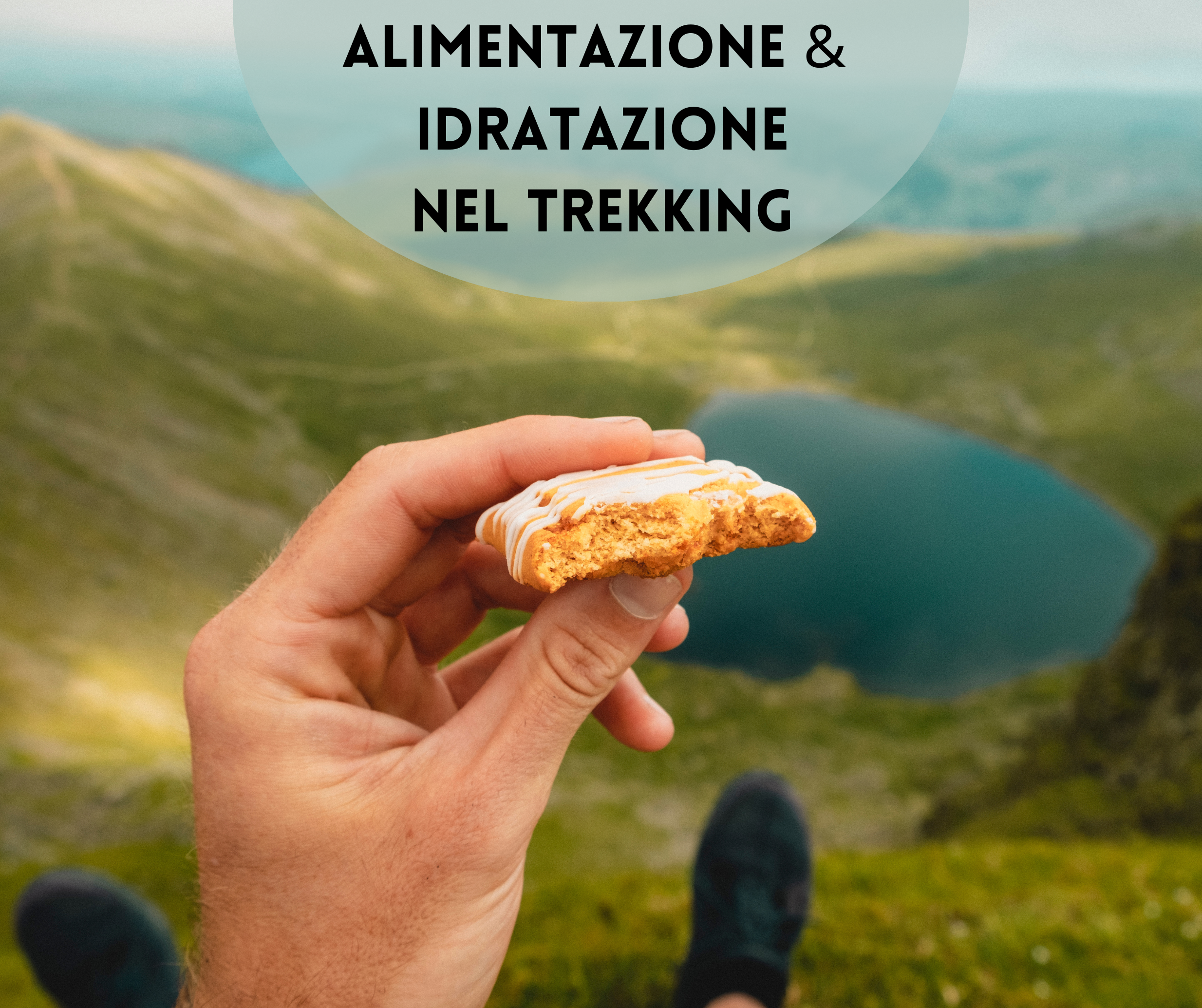Trekking is an enthralling experience that requires not only a good dose of adventurous spirit, but also careful planning of nutrition and hydration. Let's find out together how much to drink and how many calories are necessary to successfully face your adventures in nature.
1. Hydration: How Much Water Should You Drink?
Hydration is key while trekking to maintain optimal performance and prevent dehydration. The exact amount of water needed can vary based on several factors, including temperature, humidity, activity intensity and personal characteristics. However, here are some general guidelines:
- Before trekking: drink approximately 500 ml of water 2-3 hours before starting trekking to ensure an adequate initial hydration level.
- During Trekking: consume approximately 200 ml every hour, depending on the weather conditions and the intensity of the activity.
- After trekking: recover by drinking at least 500 ml of water within 30 minutes of finishing the excursion and continue drinking in subsequent intervals.

2. Calories: How Many Calories Are Needed?
Calorie needs while trekking depend on various factors, including duration, intensity and your own physiology. However, you can make a rough estimate using the concept of calories burned per kilogram of body weight per unit of distance travelled. On average, a person can burn around 400-600 calories per hour during a moderate walk.
- Calories Before Trekking: Make sure you eat a nutritious breakfast containing complex carbohydrates, proteins and healthy fats. A meal that provides around 300-500 calories should be sufficient.
- Calories During Trekking : calculate your calorie needs based on the duration of the excursion and bring light but energetic snacks with you, such as energy bars, dried fruit or dehydrated fruit. Plan to consume approximately 100-200 calories every 45-60 minutes.
- Calories After Trekking: After the hike, opt for a complete meal that includes carbohydrates, proteins and fats. A dinner that provides around 500-800 calories can help promote recovery.


3. Listen to Your Body:
In addition to following these guidelines, always listen to your body! Individual needs may vary and it is important to adapt nutrition and hydration based on your personal sensations and environmental conditions.
In conclusion, nutrition and hydration when trekking are crucial elements to ensure optimal performance and maintain well-being during your adventures under the branches. Plan carefully, bring enough food and water, and prepare to enjoy every step of your journey. 

